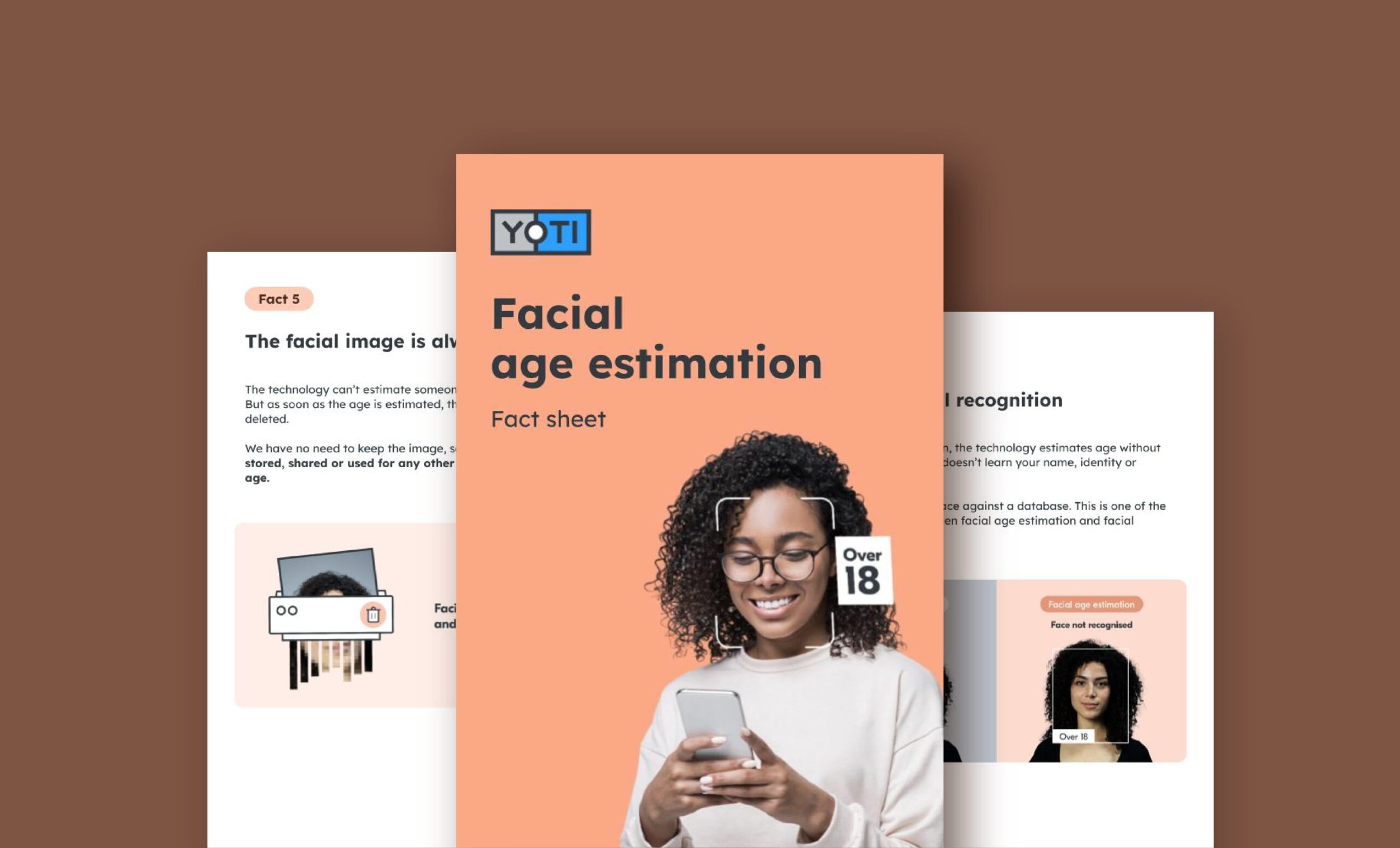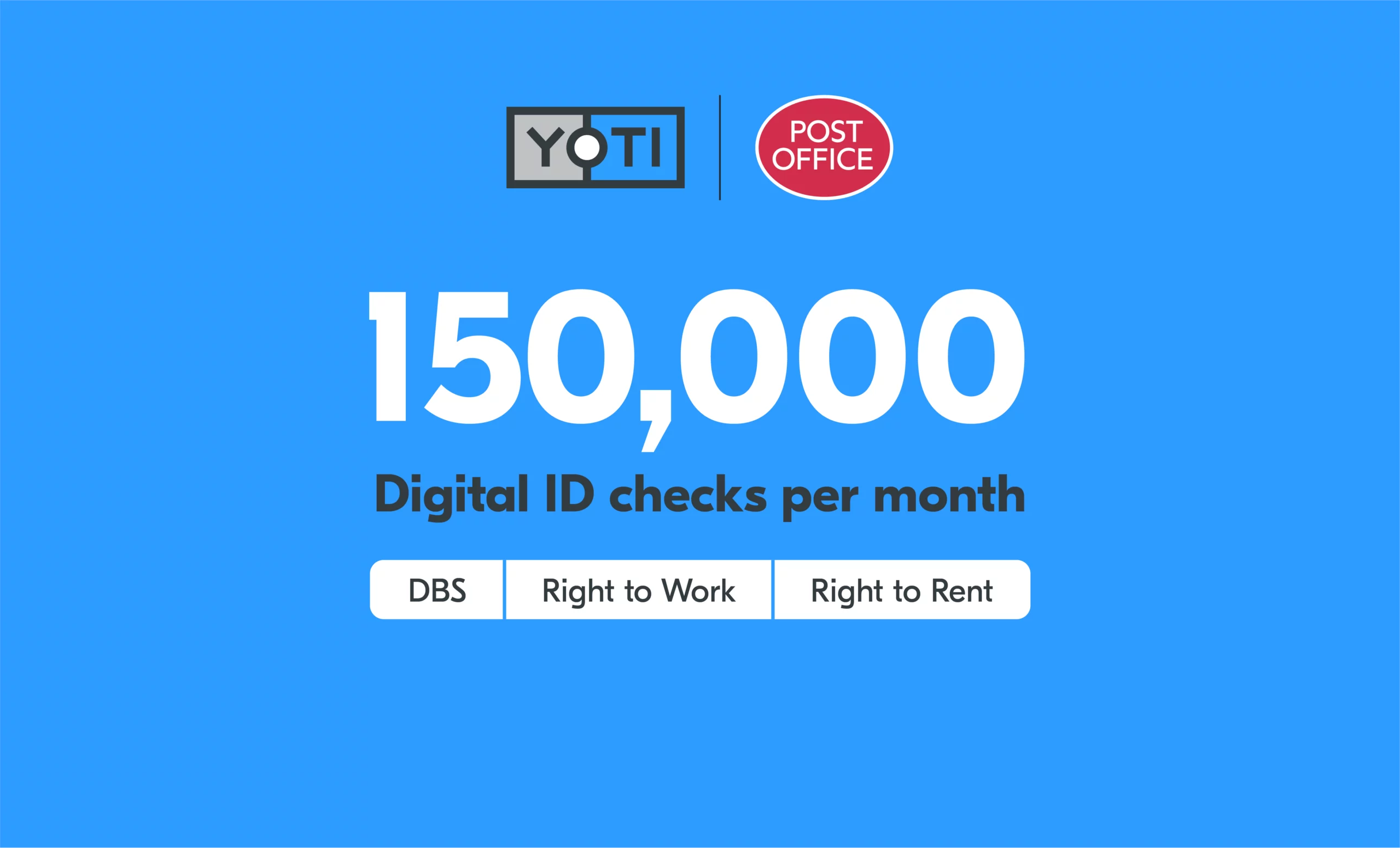Yoti
Stay Merry and Scam-Free: Avoiding a Criminal Christmas
With identity fraud peaking over the festive season and many shoppers now doing the bulk of their Christmas shopping online, it’s more important than ever to know how to protect yourself and your personal information. Louise Bruder, our Super Recogniser and Training Manager, is well equipped to share her top tips on how to stay safe this festive season: Check who you’re buying gifts from If you’re planning to buy your loved one a gift from an online marketplace it’s important to know who you’re buying from. After all, it’s very common for scammers to list fake concert tickets
Yoti joins the Children Online Protection Laboratory
We’re proud to be part of the Children Online Protection Laboratory, working with the French Government and other stakeholders to improve online safety for children. What is the Children Online Protection Laboratory? In 2022, French President Emmanuel Macron launched the Children Online Protection Laboratory to improve the safety of minors online and shield them from harmful internet content. The internet can be a great tool for children. They can learn, explore and socialise with friends. Unfortunately, research shows there is a lack of safeguards which means many children are stumbling across content and experiences which are inappropriate for their
Facial age estimation: the facts
We developed facial age estimation to give everyone a secure and private way to prove their age, without sharing their name or any identity documents. We also wanted to address the inclusion issue, given not everyone has an ID – which can exclude them from accessing age-restricted goods, services and experiences. The technology can determine a person’s age from a facial image. We believe this is a better way to check someone’s age. People shouldn’t have to share their whole identity just to prove their age. We work hard to explain facial age estimation and how it works. Unfortunately, some
Offering choice in age assurance methods
New regulations are being introduced that require platforms to create age-appropriate experiences. These include the UK’s Online Safety Act, the EU’s Better Internet for Kids strategy and country-specific Children’s Codes. These regulations aim to help young people thrive online by ensuring they are only exposed to age-appropriate content. It ensures that only adults can access certain goods, services and experiences or enter legal contracts. It also means that adults are kept out of spaces designed exclusively for children. To do this, platforms need to check the ages of their users so that they can design their sites accordingly. How
Post Office and Yoti lead the way in accessible identity checks
It’s been 18 months since Post Office and Yoti became the first Identity Service Provider (IDSP) to be certified under the Digital Identity and Attributes Trust Framework, to complete online right to work, right to rent and DBS (Disclosure and Barring Service) checks. Each year over 7 million DBS checks are completed, alongside a further estimated 10 million right to work and 3 million right to rent checks. Whilst many businesses are still performing these checks in person, the UK government regulatory changes to allow these to be done online have been a huge success. There are now 44 IDSPs
Exploring bias in credit card-based age verification
We publish the accuracy rates of our facial age estimation technology, split by gender, age and skin tone. By being open and transparent, we hope to give businesses and users confidence in the technology. We also hope this helps regulators to fairly review facial age estimation as an effective age assurance method. However whilst evaluating facial age estimation, some stakeholders and regulators overlook the drawbacks and bias shown in other age assurance approaches. Bias and limitations of using credit cards for age verification One age check method approved in many countries is asking adults to use a credit card






